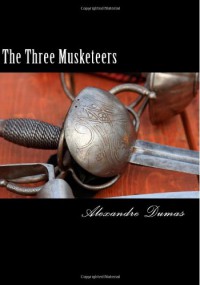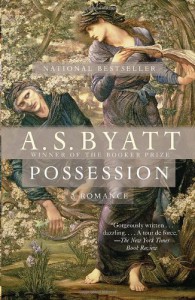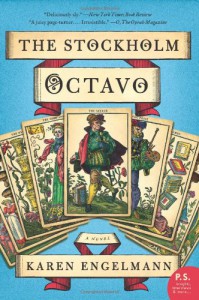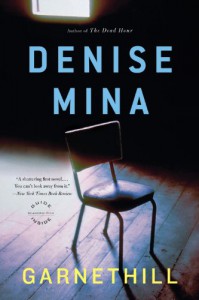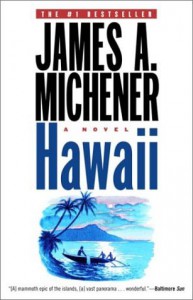
You guys, I finally finished Michener. This is a big deal.
Let’s be clear: Big books don’t scare me. The unabridged Les Mis is one of my favorites. I’m a fast reader. That being said, it took me almost a month to finish James A. Michener’s Hawaii.
Here’s why: Hawaii is an epic. There’s no other word for it. It’s a thousand onion-skin pages of tiny, tiny words, crammed full of history and conjecture. It’s fascinating, it’s captivating, it’s vividly written – but it’s also incredibly dense. For every hundred pages of thrilling ocean voyage, there’s another hundred pages on the economy of pineapples.
I had the good fortune to start reading Hawaii while I was actually living on Maui, My mom sent me this book without telling me she had (nice move, Mom), and when it arrived, I was a little bit skeptical. Technically, it’s non-fiction. I’m always skeptical of non-fiction, because it can be so painfully dry. There are, of course, exceptions. Michener is one.
When I did grudgingly crack this book open, it didn’t take me long to realize that I should have done so weeks before.
Hawaii begins with the prehistoric formation of the Hawaiian islands, and carries the reader all the way through the 1950s (it couldn’t go any farther, because it was written in 1959). Because it’s such a lengthy piece of work, it’s split into six different ‘books.’
The second book (From the Sun-Swept Lagoon) was by far my favorite, as it follows a group of thirty or so Bora Borans as they leave their home island and travel 2,000 miles north to an unknown destination IN A FRIGGIN’ CANOE. Anybody who knows me knows that I love boats and shipwrecks and deserted islands and ocean stories, so the first two hundred pages or so were right up my alley. Michener makes history read like a novel (undoubtedly he’s imagined it his own way), and is just as eloquent as his fictionally-inclined contemporaries – if not more so. Consider, for example, the following quote:
For nearly forty million years the first island struggled in the bosom of the sea, endeavoring to be born as observable land. For nearly forty million submerged years its subterranean volcano hissed and coughed and belched and spewed forth rock, but it remained nevertheless hidden beneath the dark waters of the restless sea, to whom it was an insignificant irritation, a small climbing pretentious thing of no consequence.
If I could just give the first and second books five stars, I probably would. Teroro remained my favorite character for the next 800 pages, and once Michener had moved on from the Bora Borans, I missed them.
This is probably because the third book focuses on a painfully self-righteous group of missionaries from New England and their misguided crusade to Christianize Hawaii. While I understand the necessity for this section of the book (especially considering almost all of the Caucasian characters who appear afterwards are descended from this small group of families) it started to feel repetitive very quickly. From the Farm of Bitterness, the third ‘part,’ spends a bit too much time on the cycle of hopelessly prejudiced Reverend Abner Hale struggling to convert the Hawaiians, then losing his temper with their pagan ways and having a tantrum until his inexplicably patient wife manages to calm him down. Honestly, by the time I got to the fourth book, I was so sick of Abner Hale that I considered skipping about a hundred pages just to get past the point where he died.
The fourth book (From the Starving Village) was considerably less painful. Though it’s nominally focused on Nyuk Sin and her expansive Chinese family (the Kees) as they establish themselves on Oahu, it also follows the growth and expansion of the missionary families as they gradually take over all of Hawaii’s trade and industry. In this fourth section, we also have the plague, the leper colony of Molokai, and lots and lots of prostitutes (There is a lot of sex in the book. It’s all very wink-wink, nudge-nudge, but if the idea of a thirty-year-old man whiling away a few blissful afternoons with some sixteen-year-old island girl bothers you, you might have to skip a few chapters).
The fifth book shifts onto the rigidly traditional Japanese family of Kamejiro Sakagawa, while still keeping track of the Kees, the Hales, the Hewletts, the Whipples, the Janderses and the Hoxworths. Here we spend a great deal of time learning of all the different prejudices the races of Hawaii harbor toward one another in the process of Hawaii’s absorption by the United States. Here also is where World War II takes place; and though the exploits of the four enlisted Sakagawa boys are described in great detail, more enormous events (like the attack on Pearl Harbor, the bombing of Japan, and D-Day) are discussed only briefly, or in a few peculiar cases, not mentioned at all.
The Golden Men, the final book of Michener’s Hawaiian marathon, seeks to bring the heroes of the previous four installments (or their descendants) together, perhaps in an effort to highlight the ethnically ambiguous Hawaiian identity. The book ends quietly and on a peculiarly political note. Personally, I found the ending a little abrupt.
That being said, Hawaii is certainly worth reading. The Baltimore Sun’s description of it as a “mammoth epic of the islands” is pretty spot on, and the force of Michener’s prose manages to move the story forward at the breakneck pace necessary for such an ambitious, lengthy piece of work. It’s partly fiction, partly fact, but if you decide to read it, you’ll learn more in these 900-some odd pages than you would reading ten other novels (which would probably take about the same amount of time). Michener’s characters are complete and colorful, occasionally hilarious, and have a tremendous capacity to capture the reader with the peculiar feeling that he’s met these people somewhere before. Dense, yes, but delightful also.

There are a few points of critique, of course, and I’m going to present them in list form, because if I try to get too detailed, this review will come out being longer than the book itself. And here they are:
- Despite the inclusion of family trees, characters are (with a few exceptions) almost impossible to keep track of. This is not helped by the fact that the Hawaiian families, Chinese families and English families apparently used the same names over and over again for something like three hundred years. This isn’t Michener’s fault, obviously, but it does make the reading difficult in places.
- The book can feel a little schizophrenic at times, because it’s so busy jumping back and forth from the Hales to the Whipples to the Kees to the Sakagawas. And while Michener’s attention to the so-called ‘Oriental’ community is both interesting and necessary, it’s worth nothing that after the third ‘book,’ Hawaii ceases to really be about Hawaiians at all. Maybe this is a deliberate reflection of how the Hawaiian people were effectively ignored after the immigrant populations decidedly took over, but it still felt rather odd.
- Every now and then, Michener as the author will interject and interrupt the third-person omniscient style of narration with a first-person pronoun (i.e., the results of this altercation, which I mentioned earlier…), which is annoying at best and jarring at worst, and unceremoniously yanks the reader out of the flow of the story.
- Events that seem glaringly important are sometimes completely glossed over. I wanted a close account of the attack on Pearl Harbor so badly, precisely because Michener is such a good writer. Instead I got a Japanese boy on a bike, pedaling around wondering what in the hell was going on. Opportunity lost.
- At the very end of the book [spoiler alert?] Michener suddenly reveals that Hoxworth Hale, one of the missionary-descendant characters, has been telling this story all along, which I guess is supposed to mean the annoying first-person interruptions I mentioned earlier came from him. I get that sometimes authors do this, pretend to be one of their characters, but it’s weird here because Hoxworth Hale doesn’t even appear until 600 pages in, and when I got to the end, instead of thinking, “Oh hey, that was clever,” my thought process was more along the lines of, “Wait, what?” Which really is not a note you want to end on.
Still, for a book about as long as the Bible, these are pretty minor complaints.
Ultimately, I’m glad I tackled this book, because it gave me a much deeper understanding of this beautiful, amazing place where I was lucky enough to live for a few months. I can’t say for certain if it would be as captivating for anyone who hasn’t spent a few afternoons exploring the beaches and jungles and volcanic craters of Hawaii, but if you can’t get there, this might be the next best thing.
Three and a half stars. Buy it on Amazon here, or add it to your Goodreads shelf here.


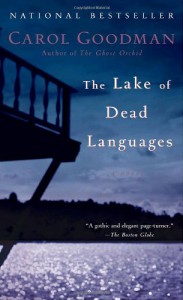
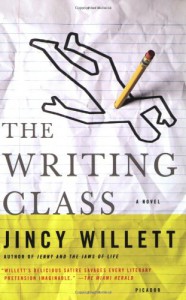
 1
1
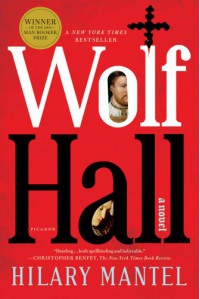
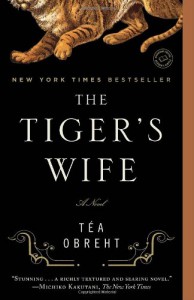


 1
1
